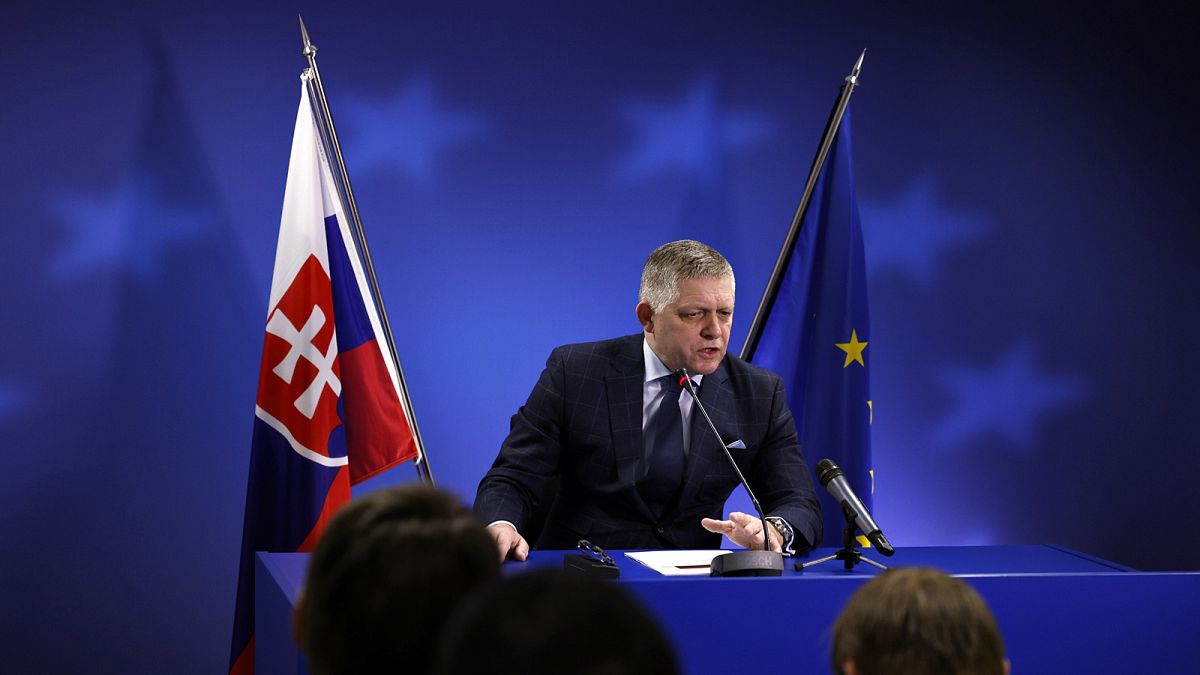

In a world marked by shifting political dynamics and interconnected challenges, several nations continue to engage in dialogues and initiatives aimed at fostering cooperation and addressing critical issues. Recent developments illustrate not only a commitment to tackling global concerns but also a willingness to bridge differences for shared progress.
In Europe, Slovakia has expressed its need for specific exemptions to reconsider its stance on an EU-imposed sanctions veto against Russia. Prime Minister Robert Fico underscored that current reassurances offered by European Commission President Ursula von der Leyen are inadequate, highlighting Slovakia’s concerns about the economic implications of sanctions.
Meanwhile, Panama’s Foreign Minister, Javier Martínez-Acha, addressed concerns over US military exercises within Panama, assuring the public that these activities are strictly temporary. He emphasized that Panama retains full sovereignty and no foreign armed forces will be stationed permanently, reflecting the country’s approach to managing international cooperation while upholding national sovereignty.
In the realm of historical reconciliation, France has shown openness to discussing reparations for its colonial-era actions in Niger. The French government invites dialogue regarding bilateral cooperation on matters of heritage and provenance, though it has not yet acknowledged responsibility. This move indicates a step towards addressing long-standing historical grievances in West Africa and promotes collaborative research into cultural heritage.
Over in the Asia-Pacific region, Chinese President Xi Jinping and Australian Prime Minister Anthony Albanese have reaffirmed their commitment to maintaining bilateral cooperation amidst global instability. Despite differences on key geopolitical issues, both leaders recognize the importance of collaboration for stability and prosperity. Their discussions reinforce the shared objective to navigate complex international landscapes while strengthening economic and security ties.
During a strategic meeting with NATO allies, US President Donald Trump announced a significant arms agreement designed to support Ukraine with advanced military equipment. This agreement underscores collective efforts among NATO allies to bolster Ukraine’s defense capabilities while issuing a stern warning to Russia about potential consequences if peace is not pursued. Such coordinated actions reflect an enduring commitment to peace and security in the region.
Finally, in the Middle East, the United Nations hosted a pivotal gathering involving 30 nations aimed at fostering political, economic, and legal strategies to conclude Israel’s occupation of Palestine. Touted as a significant milestone, the conference signifies an earnest endeavor to address an “existential hour” for both Israeli and Palestinian peoples, seeking pathways to peace and reconciliation.
As nations navigate these multifaceted issues, the overarching theme remains one of dialogue and cooperation—essential ingredients for global stability and progress. Such engagements highlight the potential for diplomacy to bridge divides and lay the groundwork for a future rooted in mutual understanding and shared goals.
Source: {link}
